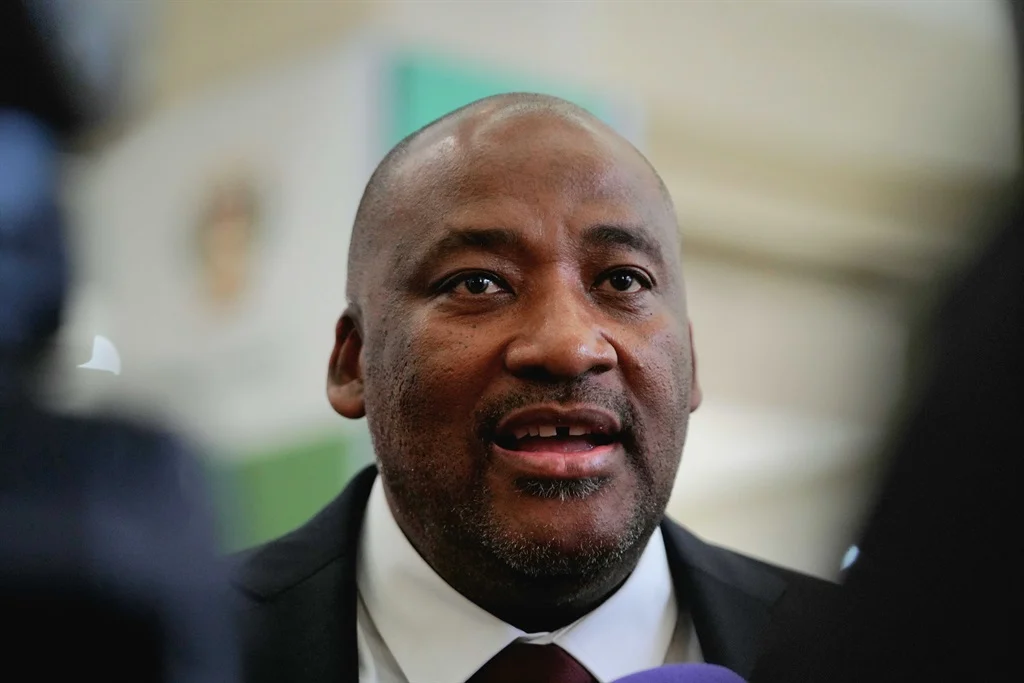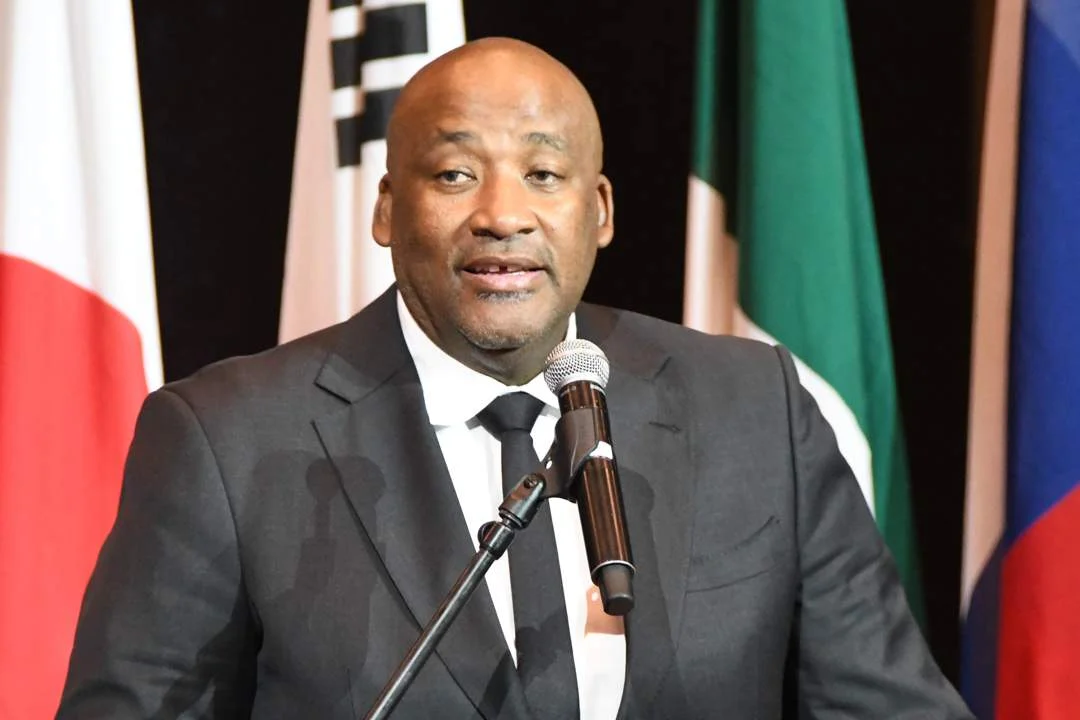South Africa is committed to repatriating the remains of its indigenous people taken abroad during the colonial era, as well as those of anti-apartheid activists who died in exile, Culture Minister Gayton McKenzie announced on Monday.
McKenzie informed reporters that the government is currently engaging with foreign institutions regarding the return of remains belonging to indigenous groups, including the KhoiSan, considered South Africa’s “first people.”
He added that government teams would also visit neighbouring countries like Angola and Zimbabwe to examine cemetery records. The goal is to trace individuals who died during the anti-apartheid struggle, facilitating their repatriation.
“These are acts of justice, remembrance, and healing,” McKenzie stated, emphasising, “They affirm our government’s commitment to restore dignity, promote cultural restoration, and confront the painful legacy of colonialism and apartheid.”
The Minister of Sports, Arts, and Culture unveiled a plan to rebury the remains of 58 indigenous people. These individuals were removed from graves during the colonial era for study by museums and other institutions.
“They were displayed in museums, studied in labs, and held in foreign institutions without consent or respect. We are correcting these injustices,” he asserted, calling on “all institutions, both here and abroad, to engage in honest and action-driven processes of restitution and repatriation.”

McKenzie highlighted successful past repatriations, including the return in 2012 of KhoiSan couple Klaas and Trooi Pienaar, who were illegally exhumed in 1909 and sent to Austria for study.
He also referenced the 2002 return of Sarah Baartman, a KhoiSan woman who died in France in 1815 after being paraded in Europe as a spectacle.
Regarding anti-apartheid activists, McKenzie noted that “thousands of our people went into exile during the liberation struggle,” many of whom “never came home. Some died unknown, buried in unmarked graves, without their families having the chance to mourn.”
A mission is planned for Angola in the coming weeks, aiming to locate 400 individuals. The government is also in discussions with an Australian demining firm to access areas in Angola still affected by its decades-long civil war, which ended in 2002.
Officials reported in September that over 1,000 anti-apartheid activists died in exile across Africa, Cuba, and Europe, with 42 remains returned at that time.


 Trending
Trending 